Turkey, officially known as the Republic of Turkey, is a captivating country uniquely straddling two continents – Europe and Asia – and is often described as the place where East meets West. With a history that spans thousands of years, Turkey is a land steeped in ancient civilizations, diverse cultures, and stunning natural beauty. It’s a country where modern cities coexist with ancient ruins, where bustling bazaars meet luxury malls, and where warm Mediterranean beaches lie just hours away from snow-capped mountains.
Location: Turkey is located at the crossroads of Southeastern Europe and Western Asia. It is bordered by eight countries: Greece, Bulgaria, Georgia, Armenia, Azerbaijan, Iran, Iraq, and Syria.
Population: Approximately 85 million
Capital: Ankara, though Istanbul is the largest and most well-known city.
Currency: Turkish Lira (TRY)
Official Languages: Turkish
Time Zone: Turkey Standard Time (GMT +3)
Flight Hours from the US: Approximately 10 to 14 hours
Climate: Turkey experiences a variety of climates:
Mediterranean Climate in the coastal areas, with hot summers and mild winters.
Continental Climate in the interior, with cold winters and hot summers.
Oceanic Climate along the Black Sea coast, resulting in humid, rainy weather throughout the year.
Turkey is a land of diverse landscapes, covering about 783,356 square kilometers, making it one of the world's most geographically varied countries. It offers everything from stunning coastlines and snow-capped mountains to fertile plains and arid deserts.
Western Turkey is blessed with a beautiful coastline along the Aegean Sea, featuring sandy beaches, olive groves, and ancient Greek ruins.
Key Cities: Izmir - Turkey’s third-largest city, known for its vibrant culture and rich history, and Bodrum – famous for its nightlife and the Bodrum Castle.
Ancient Sites: The ruins of Ephesus, one of the best-preserved ancient Greek cities, and Pergamon, a UNESCO World Heritage Site, showcase Turkey's deep historical roots.
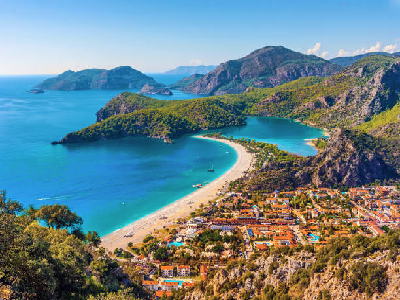
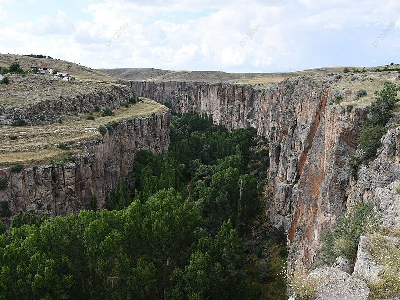
Cappadocia: Known for its unique fairy chimneys, underground cities, and rock-cut churches, Cappadocia is a surreal landscape best experienced through hot air balloon rides at sunrise.
Ankara: The capital city and political center of Turkey, home to the Anıtkabir, the mausoleum of Mustafa Kemal Atatürk, the founder of modern Turkey.
Characterized by verdant forests, tea plantations, and a rugged coastline, the Black Sea region contrasts sharply with the arid interior. It’s a haven for outdoor enthusiasts, with hiking trails, rivers, and waterfalls.
Key Attractions: The Sumela Monastery, a Greek Orthodox monastery perched on a cliff, and the city of Trabzon, known for its rich history and the beautiful Ayasofya Mosque.
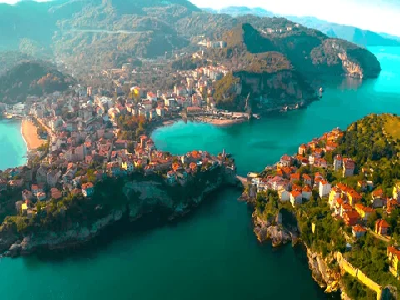
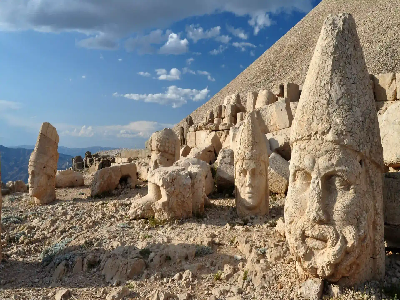
This region is dominated by rugged mountains and is home to some of Turkey’s most ancient sites, like Mount Ararat, where it is said Noah’s Ark came to rest.
Lake Van: Turkey’s largest lake, surrounded by volcanic landscapes, and Ani, the medieval Armenian city with impressive ruins, are key attractions.Turkey’s largest lake, surrounded by volcanic landscapes, and Ani, the medieval Armenian city with impressive ruins, are key attractions.
Often referred to as the birthplace of human civilization, southeastern Turkey is home to Göbekli Tepe, the world’s oldest known temple complex, dating back over 12,000 years.
Cities like Sanliurfa and Gaziantep offer a rich cultural experience, with ancient bazaars, Ottoman architecture, and unique local cuisines.
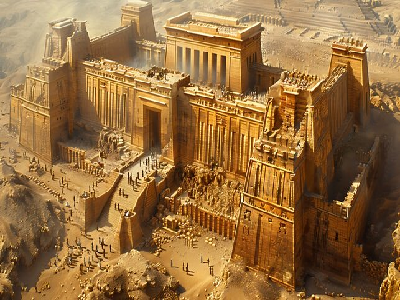
Hittites: The Hittite Empire was one of the earliest civilizations in Anatolia, dating back to 1600 BCE.
Greek and Roman Periods: Western Turkey was once part of the ancient Greek and Roman worlds, with cities like Ephesus, Troy, and Pergamon leaving behind spectacular ruins.
Byzantine Empire: The Byzantine era began after the fall of Rome, with Constantinople (modern-day Istanbul) as its capital. The Hagia Sophia, built in the 6th century, stands as a testament to Byzantine architectural genius.
Seljuk Empire: The Seljuks established their rule in Anatolia in the 11th century, introducing Islam to the region and leaving behind stunning architectural wonders, such as the Alaeddin Mosque in Konya.
The Ottoman Empire (1299–1922): The Ottoman Empire was one of the largest and longest-lasting empires in history, spanning Europe, Asia, and Africa. Istanbul became its capital, and the Topkapi Palace, Blue Mosque, and Grand Bazaar were constructed during this period.
The Republic of Turkey was established in 1923 by Mustafa Kemal Atatürk, who implemented sweeping reforms to modernize and secularize the nation. Atatürk's vision transformed Turkey into a progressive, forward-looking country while retaining its rich cultural heritage.
Turkey's culture is a rich mosaic, drawing from Turkish, Ottoman, Islamic, Greek, Roman, Byzantine, and Persian influences.
Language: Turkish is the official language, and it’s written in the Latin alphabet, thanks to Atatürk’s reforms. While English is commonly spoken in tourist areas, learning a few Turkish phrases is always appreciated.
Religion: Although Turkey is a secular state, Islam is the predominant religion. Mosques are an integral part of Turkish landscapes, and the call to prayer echoes throughout the day.

A month of fasting observed by Muslims, ending with Eid al-Fitr, celebrated with feasting and family gatherings.
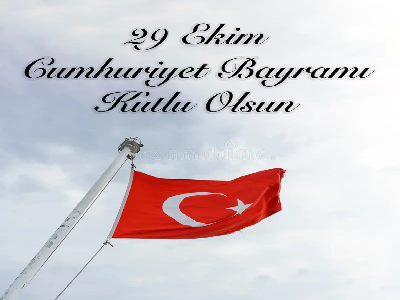
Celebrated on October 29, this holiday marks the establishment of the Turkish Republic and features parades, concerts, and fireworks.
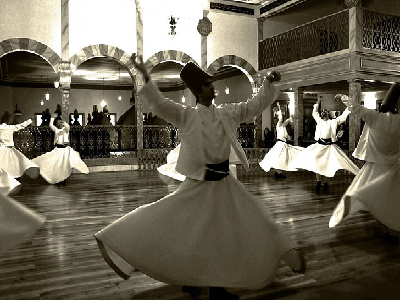
Rooted in Sufism, this spiritual dance is a mesmerizing tradition that reflects the mystical aspects of Turkish culture, particularly popular in Konya.
Turkish cuisine is a delightful blend of Mediterranean, Middle Eastern, Central Asian, and Balkan flavors. Each region of Turkey has its specialties, making the country a paradise for food lovers.
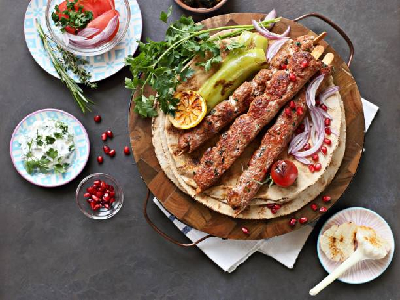
From Adana to Shish kebabs, Turkey offers a variety of skewered meat dishes, each with distinct flavors.
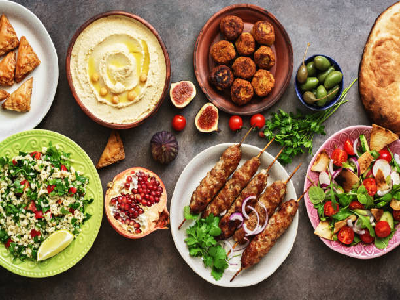
Small appetizer dishes like hummus, baba ghanoush, and stuffed grape leaves (dolma) are perfect for sharing.
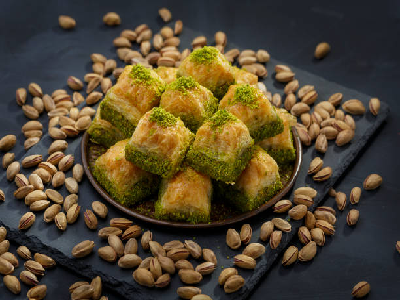
A sweet pastry made with layers of filo dough, honey, and nuts, is a popular dessert.
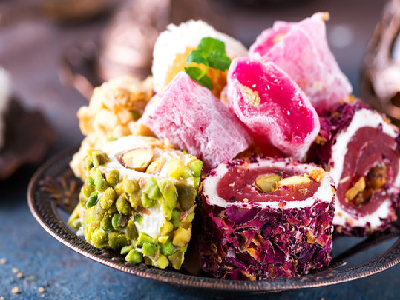
A chewy, sweet confection available in various flavors, often accompanied by Turkish coffee.
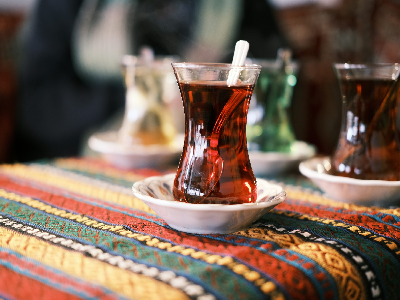
Served in tulip-shaped glasses, tea is a fundamental part of Turkish hospitality.
Key Attractions: Hagia Sophia, Blue Mosque, Topkapi Palace, and the Grand Bazaar.
Experience: Take a Bosphorus cruise, wander through the historic Sultanahmet district, and savor Turkish street food.
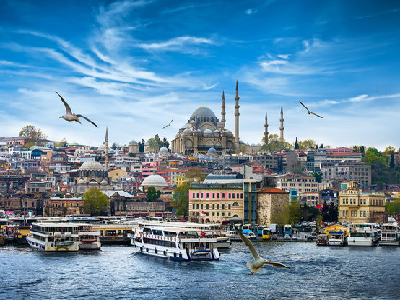
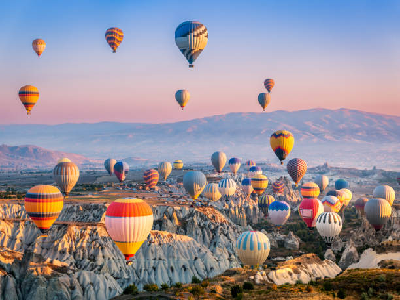
Highlights: Fairy chimneys, rock-cut churches, Göreme Open-Air Museum, and hot air balloon rides.
Experience: Explore the underground cities, hike through the Rose Valley, and enjoy a sunrise hot air balloon flight.
Highlights: White travertine terraces filled with thermal waters and the ancient city of Hierapolis.
Experience: Walk barefoot on the terraces and soak in the mineral-rich waters.
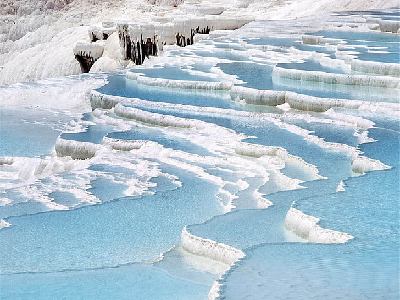
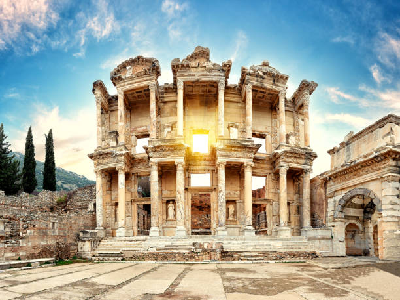
Highlights: Library of Celsus, Temple of Artemis, and the Great Theater.
Experience: Wander through this ancient city and imagine life during its peak.
Highlights: Stunning beaches, Kaleiçi (Old Town), and ancient ruins like Perge and Aspendos.
Experience: Relax on the beaches, visit ancient sites, and explore the charming old town.
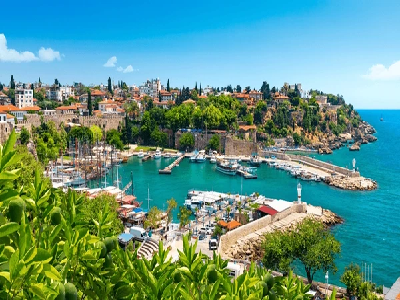
A Rich Tapestry of Cultures: Experience the blend of Eastern and Western cultures that have shaped Turkey's history.
Diverse Landscapes: From the Mediterranean coast to Cappadocia's unique formations, Turkey offers breathtaking natural beauty.
Warm and Welcoming People: Turkish hospitality is renowned, and visitors are always made to feel at home.
Delicious and Varied Cuisine: Enjoy a culinary journey that reflects Turkey’s diverse heritage.
Best Time to Visit: April to June and September to November are ideal for pleasant weather and fewer tourists.
Currency: The Turkish Lira (TRY) is the local currency. Credit cards are widely accepted, but cash is handy in smaller shops and markets.
Dress Modestly: Dress modestly when visiting mosques and rural areas.
Safety: Turkey is generally safe, but always be cautious of pickpockets in crowded areas.
Turkey is more than just a travel destination; it’s a melting pot of civilizations, landscapes, and traditions. From the bustling markets of Istanbul to the serene landscapes of Cappadocia, and from the ancient ruins of Ephesus to the turquoise waters of the Mediterranean, Turkey offers a journey through time and culture. It is a country where history comes alive, where hospitality is a way of life, and where every traveler finds a piece of themselves. Experience Turkey’s magic, and let it be a journey that stays with you forever.